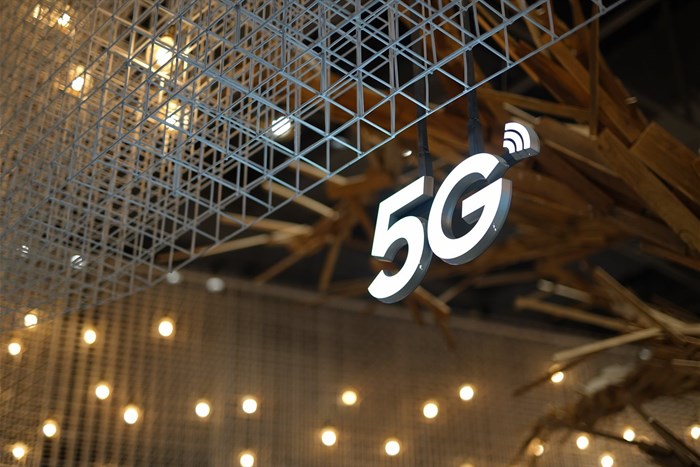The pros and cons of SA's 5G future

Fast connectivity has become a basic need, and the adoption of 5G is critical given the faster bandwidth and lower latency it offers. However, there are complexities, pros and cons, and some concerns about health issues related to radio frequency radiation in this context. Here is an overview of the pros, cons and status of 5G in South Africa.
Why do we need 5G?
As we move forward, bandwidth is becoming of paramount importance. Fast Internet has become common place and many everyday applications rely on it. Bandwidth is also critical for new applications such as connected cars, which requires a fair amount of bandwidth to connect, and 5G would ensure connectivity while reducing latency. There are numerous applications for 5G, both at the business and personal level.
The pros
The fundamental advantage of 5G is higher bandwidth speed and lower latency. Every industry can potentially benefit from this, with connected devices and simply improves the everyday digital business processes.
There are whole new industries springing up on the back of fast internet, like the content streaming sector, which did not exist a decade ago and was only made possible by connectivity and bandwidth.
New industries and applications are constantly being innovated, which is critical for both economic growth and stability, and fast, ubiquitous Internet access is the foundation for this.
The cons
The biggest challenge currently is the need for additional infrastructure, which can be costly. 5G uses short-range frequencies and is powered by a new technology called millimetre waves (mmWave). Widespread coverage is essential for leveraging the applications of 5G, but these waves cover a much shorter distance when compared to 4G wavelengths. This, in turn, means that repeaters need to be closer together and more of them are needed, and it is not an easy technology to implement.
This leads to another challenge, which is cost. More infrastructure, which is expensive in itself, and requires complex implementation, makes 5G rollout expensive, placing a burden on telcos and infrastructure providers. Finally, there are concerns about the impact of 5G on security – as data is generated faster than usual and, often at the edge, security becomes decentralised, and lack of encryption could leave people and businesses vulnerable to cybersecurity threats.
What about health risks?
There are concerns that the close proximity of towers to each other and to residential and commercial areas will pose health risks due to the radiation emitted from the tower, which is currently being investigated in studies. There have also been studies on 5G’s predecessors and people living near base stations have confirmed an increase in cancer diagnoses. However, the studies have not confirmed and /or categorically stated that these networks are the cause. Therefore, research is important as we move into the next phases of 5G implementation.
South Africa’s 5G future
South Africa is still in the early stages of pervasive and ubiquitous connectivity. While our major cities are well-connected, much of the country still lacks connectivity, especially in rural areas. This is a massive disadvantage as we move further into 4IR and a digital world. These areas are also home to farms and mines, and these businesses would benefit immensely from connected technology.
The Internet of Things (IoT) is another area that needs fast connectivity to operate, and this network of sensors and edge devices could completely change the game for South Africa from a business and personal point of view.
In addition, connectivity will enable improved healthcare and educational opportunities. The widespread deployment of 5G can help to improve health, safety, and security in previously disconnected and underserved areas and make the benefits of technology available to all. Although more research is needed on potential health issues, the benefits of 5G rollout will help South Africa move forward and remain economically viable on a global scale.



























